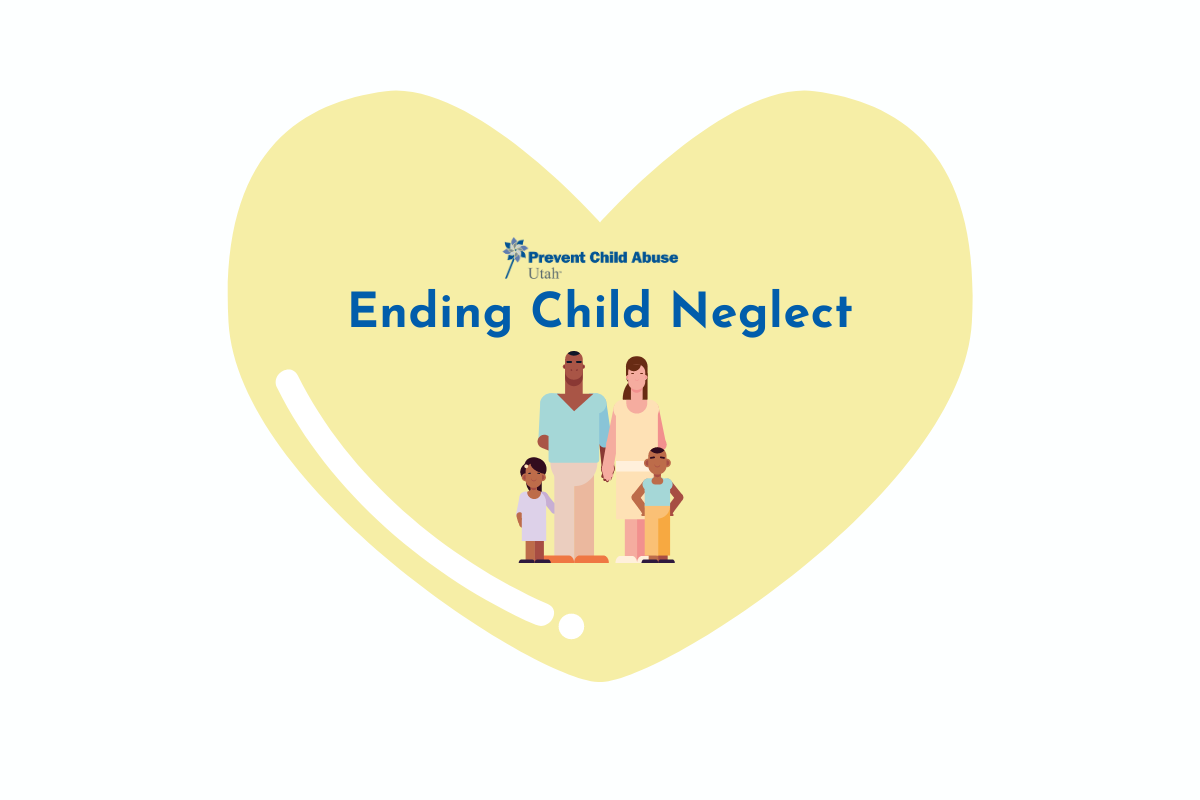
What is child neglect?
Child neglect is often the most frequent form of abuse. It takes place when parents (or caregivers) deprive a child of their basic needs. These needs include:
- Adequate supervision
- Love and attention
- Health care
- Clothing
- Housing
- In addition, a child might experience deprivation of physical, emotional, social, educational, and safety needs
These needs are important building blocks for a child during their development. When subjected to it, children are at a higher risk of developing lifelong social, emotional, and health problems. These risks become even higher if the neglect occurs prior to age 2. When these basic needs aren’t met, it can induce profound effects later in life.
Why does child neglect happen?
According to a report by the Utah Division of Child and Family Services, in Utah, a high percentage of all confirmed allegations in 2021 were a form, or type of neglect.
We know that if parents were neglected themselves as children—meaning they learned neglectful behavior while growing up—they will frequently internalize it and believe the behavior to be normal. This may result in neglecting their own children. So it’s important to help break the cycle
Neglect is not specific to any class or social structure. It can truly ‘happen anywhere, anytime.’ That’s why it’s up to all of us to recognize the signs of neglect and also offer support to friends and neighbors who are in need or may be at risk.
Perhaps a family is down on their luck from a layoff and needs concrete supports to help make it through to the next month. Maybe a couple is using alcohol or drugs to deal with stress and having a hard time maintaining the ability to make healthy decisions. Or perhaps a single mother is struggling to locate services to help with proper fitting clothes, food, or even hygiene products.
Can you think of ways to possibly help others in any of the above situations? Because odds are, there are members in your community, or neighborhood, in this exact situation.
Possible Signs of neglect
| Dehydration | Malnutrition | Poor personal hygiene | Untreated injuries |
| Unsanitary living conditions | Hazardous living conditions | Lacks appropriate clothing for weather | Sudden changes in school performance |
| Lack of supervision | Begs or steals food or money | Not wanting to go home | Frequent absence from school |
Types of neglect
| Physical | Failure to provide basic needs, such as: food, shelter, clothing; or appropriate supervision for the person’s age, physical condition, mental ability, and environment |
| Emotional | Failure to provide psychological care, love and affection, attention, emotional validation, and healthy communication |
| Medical | Failure to provide the necessary medical or mental health care for the child’s needs, or withholding medically-indicated treatments for known illnesses or life-threatening conditions |
| Educational | Failure to meet a child’s educational needs, like not taking them to school, not following up with homework, not providing support when the child is having challenges, not participating in school related events; or failure to enroll a school-age child in school or provide special education, or allowing for excessive absenteeism |
What do stressors have to do with neglect?
Research has shown that many life stressors can sometimes lead to neglect. Stressors like a sudden loss of income, rent increases, health emergencies, substance abuse, death in the family, or loss of transportation, to name a few, can be problematic. Therefore, it’s important to recognize certain stressors and look to community resources and nonprofit organizations for support—as they have the resources to help with assistance programs and education. Local Home Visiting programs (like our Parents as Teachers, Peer Parenting and Nurse-Family Partnership programs) help families in these situations. But there is also the Division of Childhood and Family Services if things get out of hand or uncontrollable.
Examples of stressors that may contribute
| Death in the family | Housing Instability | Young parents |
| Parents with a disability | Parents with mental health issues | Lack of child development knowledge |
| Substance use | Substance abuse | Single parent households |
Recognize and speak out
We should all recognize and speak out against child neglect. Sometimes folks need help and support. Life can be hard. Things can get a little dicey and people might not recognize a problem. This is why awareness and having an open dialogue are so important for ending child neglect. There’s a saying that goes, ‘Knowledge is powerful.’ When you understand the solutions for neglect, or when you’re able to identify a need, you can change the course of a child’s life.
If you know of, or are someone that may be at risk of child neglect please report to Child Protective Services by calling the hotline at (855) 323-3237, in case of an emergency call 911.
